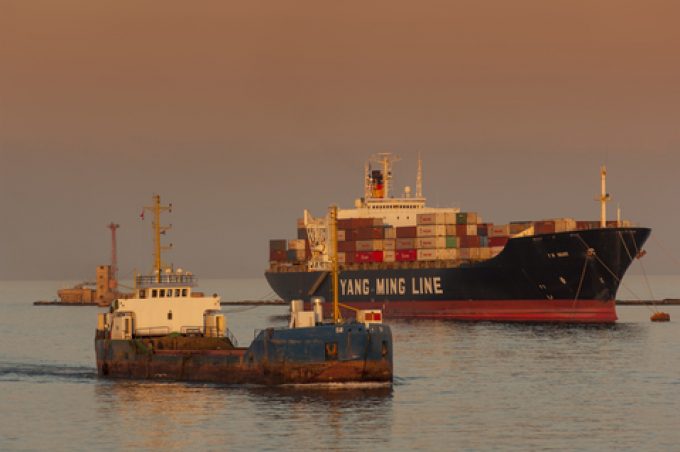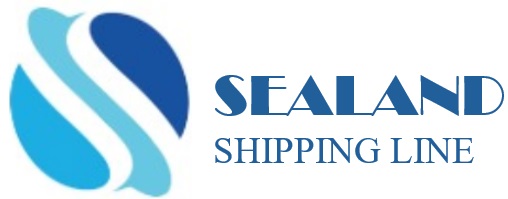
© Jason Row |By Martina Li in Taiwan, Loadstar 01/05/2024
Liner operators should not be too confident that Q2 will be any better than Q1, despite the Red Sea crisis absorbing the tonnage overhang, said Yang Ming chairman Cheng Cheng-mount this week.
Mr Cheng, who is also chairman of the Taipei Shipowners’ Association, told its members: “The rerouting of ships round the Cape of Good Hope has merely distracted attention from structural overcapacity. Furthermore, market risks, such as China’s real estate and economic problems, the uncertainty of the US Federal Reserve’s interest rate cuts and the Russia-Ukraine war, have not disappeared.”
Yang Ming has not yet released its Q1 24 results, but data from the Taiwan Stock Exchange shows cumulative revenue of TW$43.8bn ($1.37bn) in the first three months, up 16% from Q1 23, as freight rates rose amid the Red Sea crisis.
Mr Cheng added that even if Israel reached a ceasefire with Hamas, reverting to Suez Canal transits would not happen overnight, as liner operators would need to adjust shipping schedules.
Houthi attacks have caused vessels totalling around 5m teu of capacity on Asia-Europe lanes to detour round the Cape of Good Hope from the Suez Canal route.
He said: “I expect the diversions to continue as long as the Houthi attacks continue. Mainline operators have to watch the market quarter after quarter.”
While Evergreen had indicated recently that shippers had become more decisive in signing long-term transpacific shipping contracts, ahead of two rounds of GRIs this month, Mr Cheng declined to discuss contractual commitments at Yang Ming, citing business sensitivity.
He explained: “The market can fluctuate dramatically and it’s difficult to predict freight rates each month. We can only deploy ships according to market demand and try to meet our customers’ needs.
“The PMI of major economies has returned to more than 50%, which is an important signal of economic recovery.”
